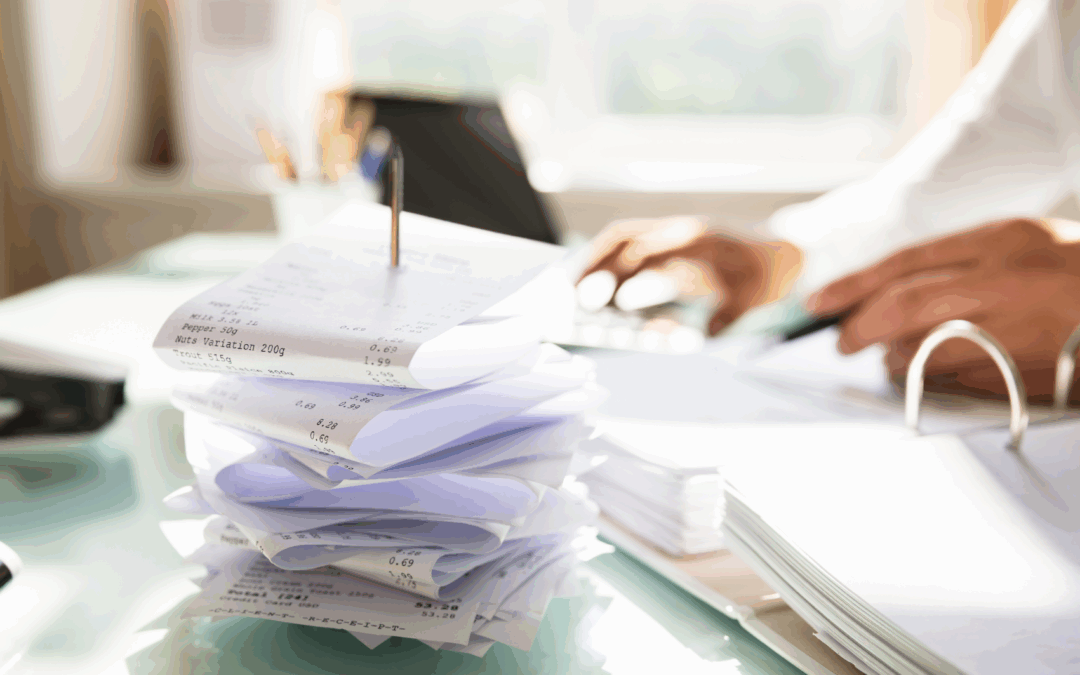Careful record keeping is a must in order to prepare an accurate tax return and support the claims you make.
Generally speaking, if you claim a deduction, you must have records to show how you calculated your claims. Records are usually a receipt from the supplier of the goods or services. The records you need to keep depend on your personal circumstances. If you are not sure, it is better to keep too many records than not enough. If you cannot produce receipts for your expenses, including depreciation claims, you will not be able to claim in the future.
What Records Must Be Kept
You must keep accurate and complete records of all transactions related to your:
- Income and sales (e.g. invoices, receipts)
- Purchases and expenses (e.g. bills, EFTPOS receipts)
- Banking (e.g. statements, loan documents)
- Employees and payroll (e.g. timesheets, payslips, PAYG summaries)
- Superannuation (e.g. payment confirmations)
- Assets and stock
- Contracts, leases, and insurance
- Vehicle and travel logs (if claiming deductions)
These records must:
- Be in English or easily translatable
- Clearly show the date, amount, description, and purpose of each transaction
- Be unaltered and securely stored
How Long to Keep Records
- Minimum retention period: 5 years
- Starts from when you lodge your income tax return in case the ATO ask you to substantiate your claims
- Longer retention may apply for:
- Capital gains assets
- Depreciation schedules
- Fringe Benefits Tax (FBT) (5 years from the FBT return lodgement)
- Superannuation choices (5 years from employee engagement or fund change)
Digital Record Keeping
- Digital records are fully accepted by the ATO if:
- They are clear, complete, and unaltered
- You can retrieve them easily
- They are securely backed up
- You can scan and store paper records digitally—no need to keep the originals unless required by another law
Common Mistakes to Avoid
- Discarding receipts too early
- Not recording cash transactions
- Failing to back up digital files
- Relying solely on email or SMS for receipts
In summary, the records you need to keep depend on your personal circumstances. If you are not sure, it is better to keep too many records than not enough. If you cannot produce receipts for your expenses, including depreciation claims, you will not be able to claim or the ATO may decline any tax deduction.

